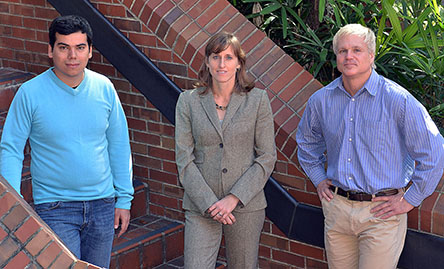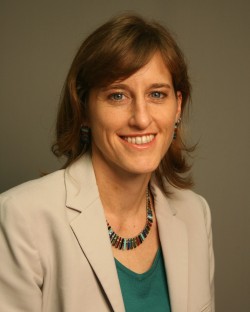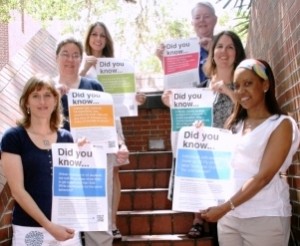Posts
https://education.ufl.edu/news/files/2019/07/News-1-300x65.png
0
0
https://education.ufl.edu/news/files/2019/07/News-1-300x65.png
2015-02-23 14:27:032015-03-02 12:17:57Folio Weekly -- Why do some Florida schools still practice paddling?
https://education.ufl.edu/news/files/2019/07/News-1-300x65.png
0
0
https://education.ufl.edu/news/files/2019/07/News-1-300x65.png
2015-02-11 14:23:572015-03-02 12:23:58Huffington Post -- Why some Florida school principals still spank students
https://education.ufl.edu/news/files/2019/07/News-1-300x65.png
0
0
https://education.ufl.edu/news/files/2019/07/News-1-300x65.png
2015-01-21 08:00:452015-07-30 11:08:08UF researchers call for immediate end to corporal punishment in all Florida schools
https://education.ufl.edu/news/files/2019/07/News-1-300x65.png
0
0
https://education.ufl.edu/news/files/2019/07/News-1-300x65.png
2013-07-18 12:33:122013-07-18 13:08:50School discipline researcher suggests alternatives to out-of-school suspensions
https://education.ufl.edu/news/files/2019/07/News-1-300x65.png
0
0
https://education.ufl.edu/news/files/2019/07/News-1-300x65.png
2012-06-06 16:07:192012-06-06 16:07:19Diversity committee campaign addresses school equity issues
Scroll to top







